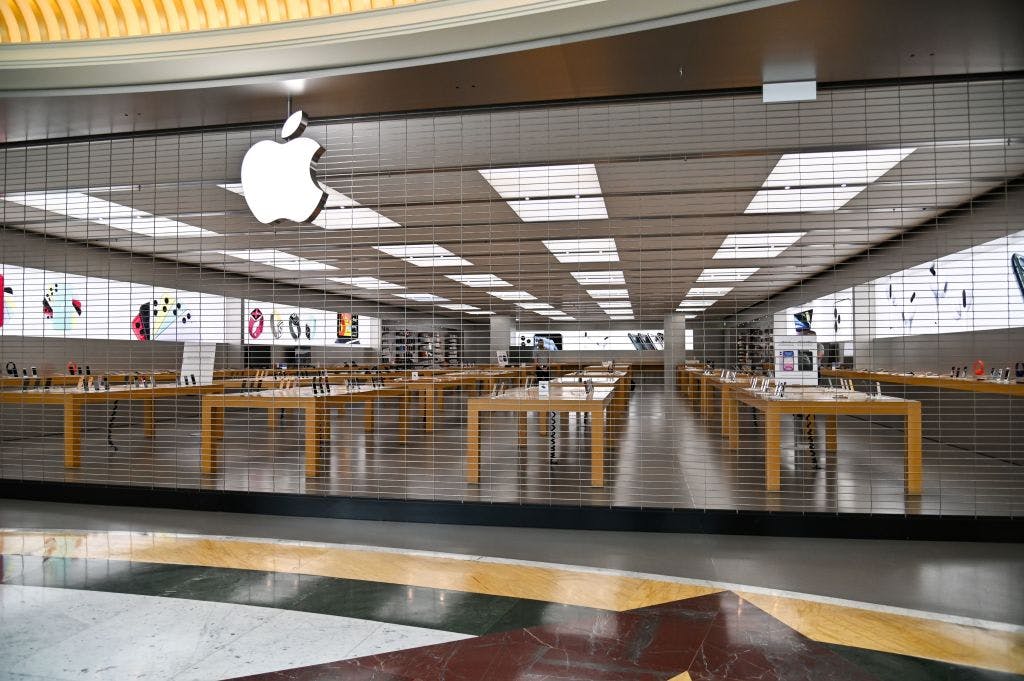Apple is doing something in China it never has before: Shutting down a store
The company’s sales have declined for six straight quarters in the region.
When Apple opened its first China branch in Beijing in July 2008, iPhones hadn’t even officially launched in the nation, but people had reportedly started smuggling them in anyway. Now, just over 17 years later, Tim Cook’s company is shutting a store in China for the first time in history as the country’s appetite for all things Apple continues to wane.
Less money, mall problems
In a statement to the Global Times on Tuesday, the tech giant explained that its decision to close a branch at the Parkland Mall in the northeastern city of Dalian was based on other retailers moving out of the space, with locals reporting that Armani and Michael Kors have axed stores there. However, coming on the back of six straight quarters of declining sales in the region, the August shuttering also reflects a clear picture of Apple’s broader struggles in China.
Last year, Apple sales in Greater China slumped to $66.95 billion. While it sounds a little odd to talk of any company’s sales in a single region “slumping” to that level — it’s still about $20 billion more than Coca-Cola or Nike pulled in over the last fiscal year all told — Apple execs will be concerned that the figure’s down 8% from the year before and almost 10% from its peak in 2022.
The iPhone maker, which was seeing smartphone sales in China drop late last year, even before the President Trump’s tariffs upended the company’s supply chain, is hardly the only Western mega-brand having a tough time there of late. From sports car manufacturers like Porsche and Ferrari to luxury behemoths like LVMH or global coffee chains like Starbucks, Chinese consumers keep finding new “made in China” alternatives to some of their favorite international brands.
